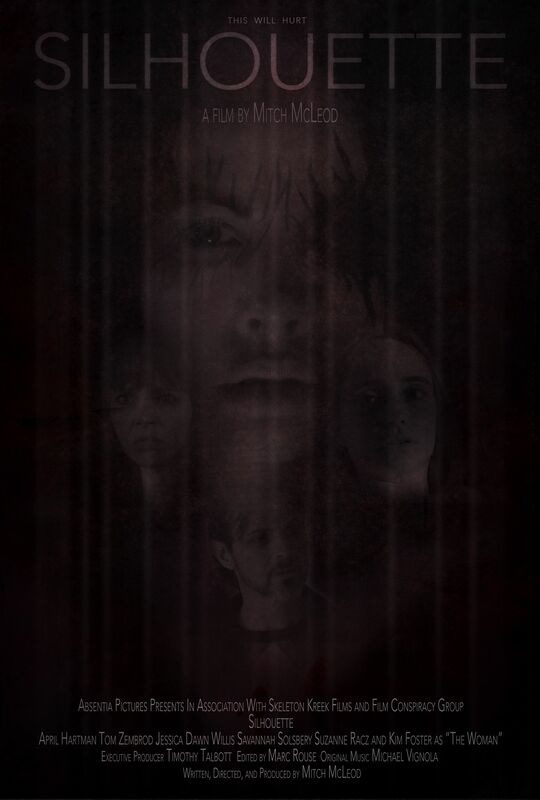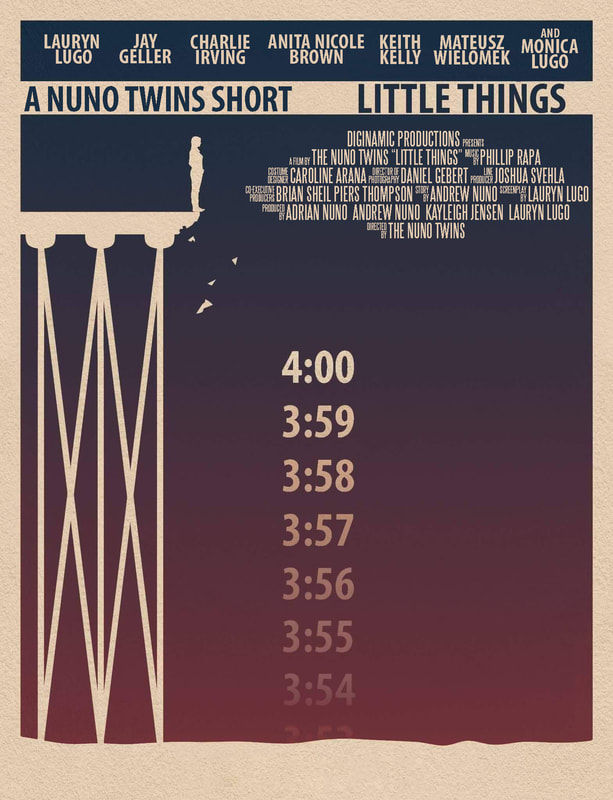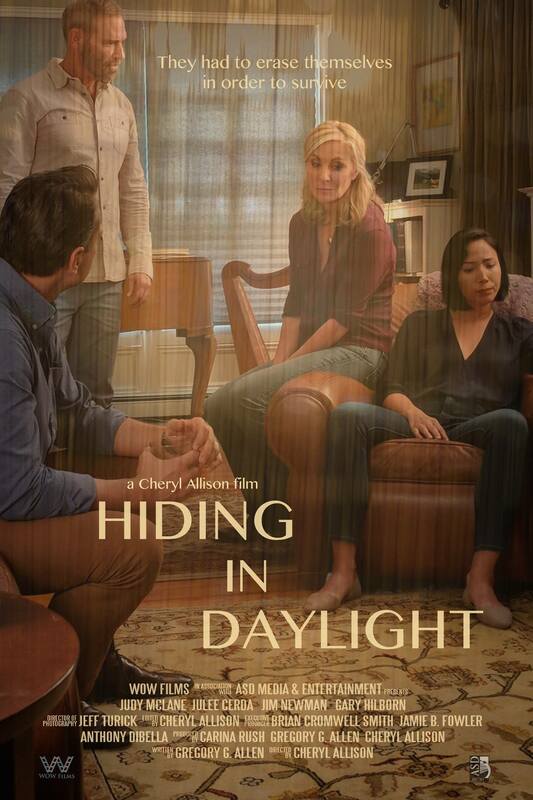|
“Woodfalls” has no problem creating a dire, realistic portrayal of the life of so many people. It makes no attempt to show any of it’s characters in any form of a “happy-go-lucky” light, as it gradually reveals how life is lived by so much of the population, in it’s most realistic form. I wouldn’t ask for any other kind of portrayal, as this is the main drama of the film. Set in a “seemingly” closer knit community, “Woodfalls” demonstrates racism at it’s most basic level. Not so much centering around skin color, rather that of life choices. In this particular case, a form of modern day gypsy. From a scene very early in the film, where a man is attacked by a small group of a-holes, simply for “being” one such gypsy, I realized I was in for a very gritty adventure that put realism above all else. The “hork” in the beer routine almost made me vomit. Enough on that.
The overall presentation generally follows the three act rule. For this title however, each act focuses on a different person, another point of view. Kind of. The first is the introduction to the premise, and also happens to be the least interesting. However, it is interesting enough to keep you following along, and is necessary to introduce the large cast of characters. For me, the middle of the film contained it’s finest moments with a final act that could have been largely left out. Although it did solidify the motivations for the previous acts, giving them much more meaning. On the grand scale of things however, “Woodfalls” felt more like “A Day In The Life” kind of movie. If you’re looking for a large scale and epic narrative, you won’t find it here. On the other hand? We don’t always need a “man saves world” plot to appreciate a good drama. This is life with people living it as best they can. Sometimes selfish, other times brutally violent, yet always keeping in the vein of realism. I can’t even pretend to completely understand the life-styles of these characters. Yet I do understand racism, hate and fear. To enjoy “Woodfalls” that’s really all you need. A “what-if” sensibility. The fact David Campion chose “not” to simplify or “white wash” over how hard life can be, was not lost on me in any sense. As a matter of fact, I think I enjoyed this film a lot more because of it.
|
|


